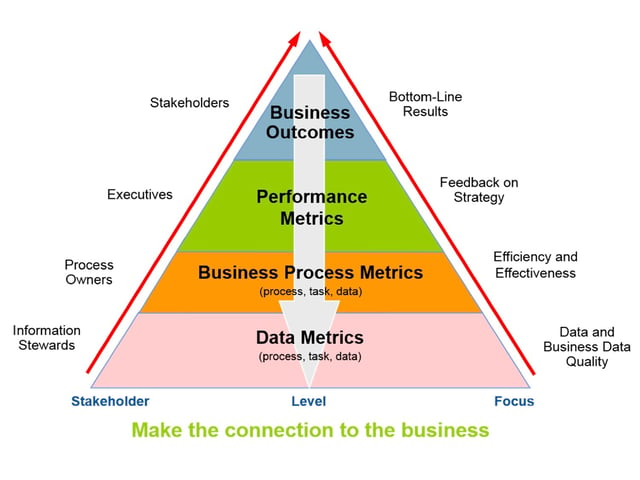The analytics you use to gain profitable insights into your customers and marketing efforts are fueled by the data that enters your organization. However, unless your business can guarantee the integrity of its information, you can’t be sure you’re making the right decisions based on it. In fact, it might steer you in the wrong direction entirely.
Information governance (IG) is key to being able to rely on your data to make business decisions. Maintaining IG standards has become increasingly challenging, as employees who lack data science experience have begun to use analytics.
Gartner predicts that by 2017, most organizations will give their users and analysts access to self-service tools that automatically prepare raw information for analysis. However, Gartner forecasts that through 2016, less than 10% of self-service BI projects will be governed adequately enough to avoid inaccuracies.
As more employees across the organization become involved in analyzing information to improve business processes, your company needs to build a roadmap towards information governance.
5 Steps for Developing an Effective Information Governance Strategy
1) Make IG Part of the Big Picture
For IG to work, the members of your organization need to understand how working with quality information fits into the overall corporate mission and vision. Employees should see how information helps your business reach its objectives. You can point to specific business goals, such as operational efficiency, customer satisfaction, product development, and risk management. Once employees see the connection between quality data and their success, they will want to be part of the data governance plan.
2) Demonstrate the Business Value of IG
To build a convincing business case for IG, you need to show evidence of the impact data quality has on profitability. A specific case can be used to illustrate how poor data quality has affected key performance indicators (KPIs). Setting measurable and attainable goals for improving these KPIs will demonstrate the potential business value of information. According to Gartner, lack of data quality is the reason 40% of business initiatives fail to reach their targets. Poor data quality also reduces productivity by 20%.
3) Show IG Program Progress
Demonstrating the effectiveness of IG requires that you start at the end of the process. Your argument must begin with business outcomes and work backwards until the connections between information quality, effective processes, employee productivity, and profitability become clear. The following pyramid illustrates the hierarchy of business metrics that demonstrates how information influences the bottom line:

4) Start by Focusing on a Specific Project
If your business is planning to retire legacy systems, migrate information, or clean up old data, this is the ideal time to start your IG program. Focusing on one project will allow you to clearly demonstrate the benefits of IG. This project could center on improving services or maintaining regulatory compliance. Multiple projects that might involve strengthening privacy and data security can be consolidated into a single effort.
5) Anticipate and Overcome Objections
Starting an IG program isn’t a matter of installing new technology. Instead, you need to convince employees to change their attitudes and behaviors. Old habits may die hard. Employees should learn to make better decisions about how to store, use, archive, and delete information. The management at your business should lead by example by learning and using new processes to mitigate risk. Employees need to hear and see the benefits of new policies. Reinforcing these policies and rewarding employees for compliance will help with the learning process.
Information Governance Is Every Employee’s Responsibility
Using the term information governance instead of data governance helps to reinforce the attitude that maintaining the integrity of business information is not just the IT department’s job. Every employee can use information to work smarter and grow the business. With the whole team behind your IG plan, you can feel confident you have the right information you need to gain informed insights.
Do you have questions about how quality data can help you design better customer experiences? Reach out to the experts at Pluris.


